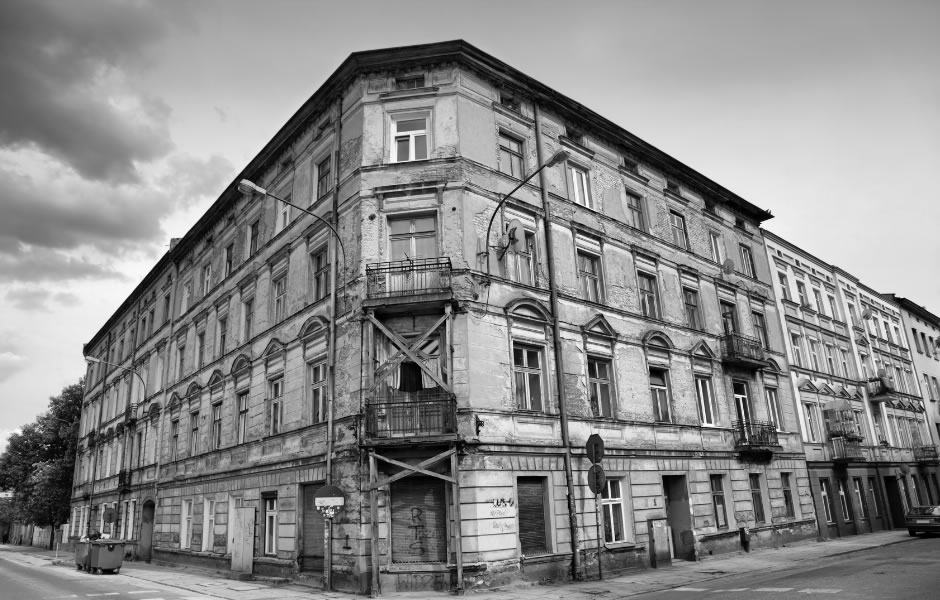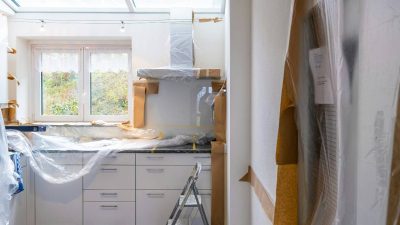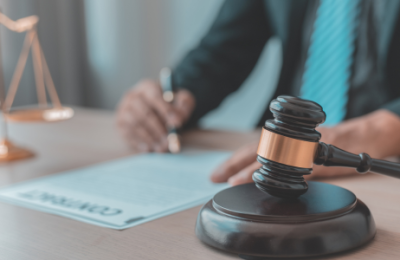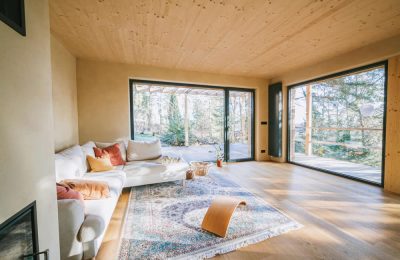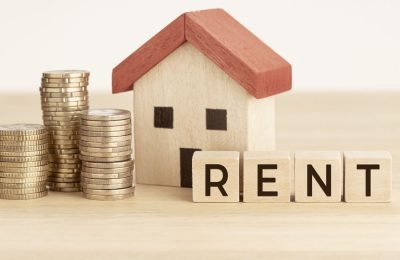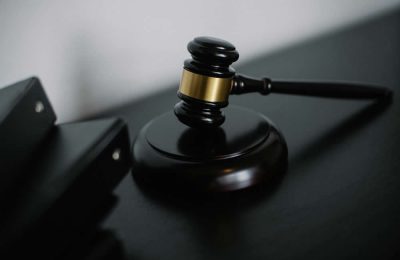Tenement buildings are an iconic feature of Scotland’s urban landscape, particularly in cities like Glasgow, Edinburgh, and Dundee. These multi-unit buildings, often dating back to the 19th and early 20th centuries, provide spacious and characterful homes. However, owning a property in a tenement comes with specific responsibilities, especially when it comes to common repairs. Understanding your obligations and how to manage these repairs is crucial for maintaining the value and safety of your property.
What are common repairs?
In Scottish tenements, “common repairs” refer to maintenance work required on shared parts of the building that affect all or most residents. These areas typically include:
- Roof and chimney: Roof repairs, including guttering and chimney stacks, are the most common shared responsibility.
- Staircases and hallways: Shared stairwells and entrances are another typical area that requires regular upkeep.
- External walls and foundations: The outer walls, stonework, and building foundations are shared by all the flats within the building.
- Drains and plumbing: Shared pipes, drains, and water systems that serve more than one flat.
- Windows in communal areas: Any windows located in shared spaces, such as stairwells.
Since these repairs impact multiple homeowners, they are considered communal responsibilities and are usually managed by collective agreement between the flat owners.
The importance of regular maintenance
Regular maintenance is essential for tenement buildings to prevent minor issues from escalating into costly, significant repairs. Addressing issues early, such as water ingress or cracks in stonework, can prevent structural damage that affects the entire building.
Neglecting these common areas can also lead to health and safety concerns, such as the risk of fire in poorly maintained communal areas or dampness affecting residents’ well-being. Additionally, poorly maintained buildings can lose value, which is detrimental to all owners if they decide to sell.
Who is responsible for common repairs?
The responsibility for common repairs is typically shared among all property owners within the building. In most cases, the title deeds of each flat will outline which parts of the building are shared and how repair costs should be divided. If the title deeds are unclear, the Tenements (Scotland) Act 2004 provides a default framework for dividing repair costs.
According to this Act, all owners are generally responsible for an equal share of the costs of common repairs, unless there is a specific arrangement outlined in the deeds. For example, if one flat is larger or occupies more of the building than others, the owner may be liable for a higher proportion of repair costs.
How to organise common repairs
Organising common repairs [ https://www.citylets.co.uk/blog/a-best-practice-guide-to-organising-a-common-repair/ ] can be challenging, especially if there are multiple owners with different opinions on how to proceed. Here’s a step-by-step guide to ensure the process goes smoothly:
- Identify the problem: The first step is recognising that there’s a repair needed. This could be through an inspection or noticing issues like water leaks or structural cracks.
- Communicate with neighbours: All owners should be notified of the issue. Good communication is essential for getting everyone on board, particularly if the repair requires immediate attention.
- Gather quotes: It’s important to get multiple quotes from contractors to ensure fair pricing. It’s common practice to obtain at least three quotes before agreeing on a contractor.
- Agree on costs: Owners must agree on how the costs will be divided. If the title deeds specify a particular split, this should be followed. If not, the default assumption is that costs will be divided equally.
- Appoint a factor or property manager (if applicable): Some tenement buildings have a factor or property management company to handle repairs and maintenance. If this is the case, the factor will usually take responsibility for gathering quotes and organising the work. If no factor is in place, the owners will need to self-manage.
- Get the work done: Once a contractor is selected, the work can proceed. It’s important to ensure that all homeowners contribute their share of the costs upfront to avoid delays.
Resolving disputes
Unfortunately, disputes over common repairs can arise, especially when it comes to cost-sharing or the necessity of certain works. If an owner refuses to pay their share, the other owners may need to take legal action to recover the debt. Under the Tenements (Scotland) Act 2004, any owner who pays more than their share of common repairs can take legal steps to recover the outstanding amount from the non-paying owner.
In extreme cases, the Tenement Management Scheme (TMS) can be invoked, which allows for repairs to go ahead if the majority of owners (based on flat ownership) agree, even if a minority objects.
Conclusion
Understanding and managing common repairs is an essential part of owning a tenement flat in Scotland. Regular maintenance ensures the safety, value, and longevity of your property, while good communication with fellow owners helps avoid disputes. By being proactive, familiarising yourself with the legal framework, and working together, you can maintain your tenement building to a high standard, benefiting all residents in the long run.
